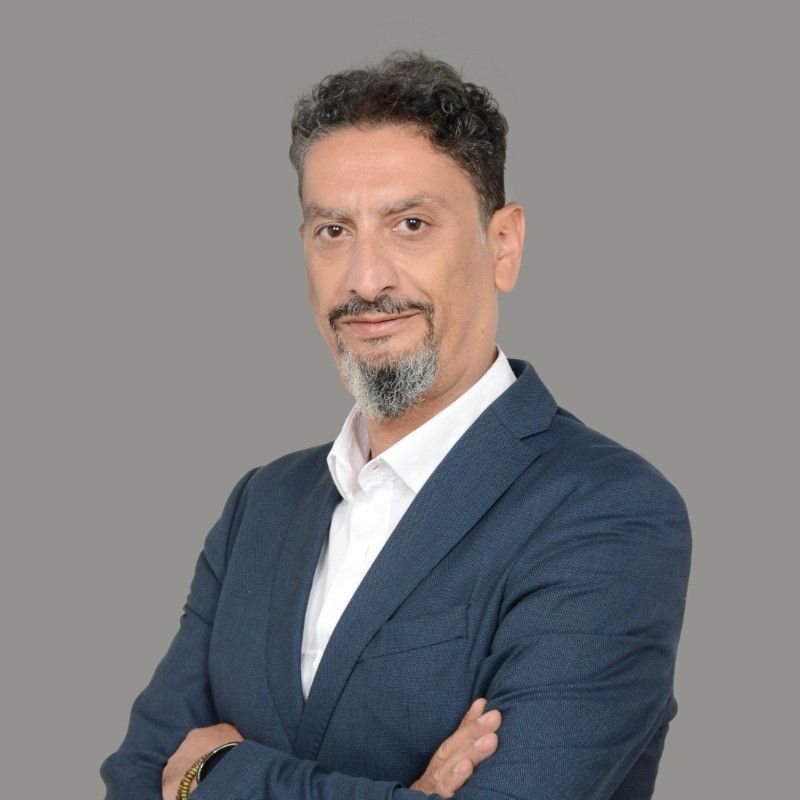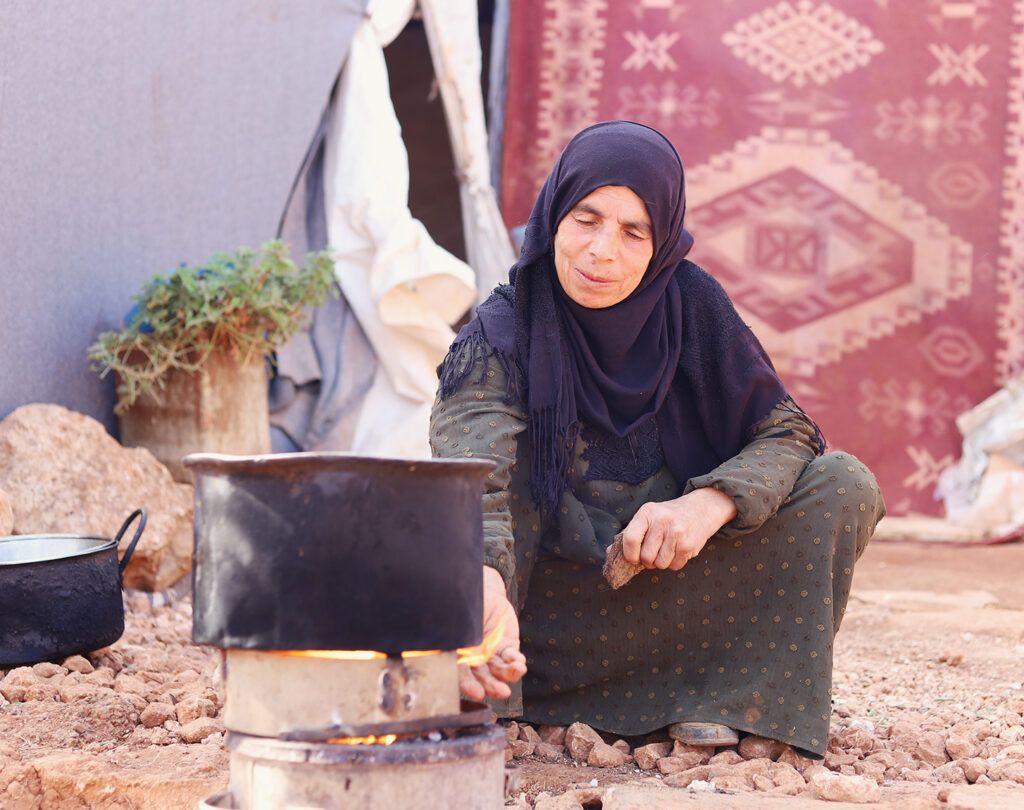 Blogs
Blogs
July 10, 2025 • 5 min read
Tamer Kirolos, Country Director for GOAL Syria, explains why Syria stands at a critical crossroads. As regional instability threatens to derail fragile progress, he argues that meaningful international investment in Syria’s decimated power grid is not just urgent, it’s essential to rebuilding lives, restoring stability, and ensuring a sustainable recovery.
On December 8, 2024, Syria Changed Overnight.
After nearly 14 years of bombardment, displacement, and brutal repression, the regime of Bashar al-Assad finally collapsed. It was a moment of global reckoning, and for millions of Syrians, it ignited long-suspended hopes of peace, justice, and homecoming.
In the months that followed, the region continued to shift dramatically. The United States and European Union lifted economic sanctions, regional powers extended olive branches, and investment pledges trickled in, all against a backdrop of mounting instability. The recent escalation between Israel and Iran, marked by missile strikes, proxy clashes, and rising civilian casualties, now threatens to spill further into Syria, where various militias and Israeli airstrikes have already destabilised large areas.

Tamer Kirolos, GOAL Syria, Country Director
This regional spill over is a major threat to Syria’s fragile stability. It risks derailing the country’s recovery and could quickly reverse any progress made since the regime’s fall. At best, it will deter displaced Syrians from returning; at worst, it could trigger a new wave of displacement, both internally and across borders.
As regional power struggles intensify, Syria’s path to recovery becomes increasingly precarious. The collapse of Assad’s regime may have ended one chapter of repression, but it has not ended the fragility.
Syria’s Power Struggle
Still, hope flickered: most recently, Qatar signed a $7 billion deal to rebuild Syria’s power grid, the largest post-war infrastructure agreement to date.
The investment, indeed, welcomed – but is only a drop in the ocean when considering the scale of need in Syria, a country whose power infrastructure was decimated during the civil war. The new agreement is expected to support approximately 50% of the population’s electrical needs, but it will not take effect for at least another three years.
So, while political power shifted at the top, most Syrians on the ground remain in the dark, literally and figuratively.
Today, more than two-thirds of Syria’s electricity grid is non-functional. In major cities like Aleppo and Damascus, blackouts stretch over 20 hours a day. In rural and conflict-affected areas, there is no electricity at all. This is not just an inconvenience. Without power, hospitals shut down, food rots, water pumps stall, and classrooms sit empty. There can be no functioning society, no return, no recovery, without reliable power.
For displaced Syrians, including many GOAL staff, this absence of infrastructure is an overwhelming barrier to return. Families are going back to rubble. To homes with no lights, no heating, and no prospects. Imagine Dublin plunged into darkness for all but two hours a day. What do you cook for your children? How do they do their homework? How safe do you feel?

More than two-thirds of Syria’s electricity grid is non-functional. In major cities, blackouts stretch over 20 hours a day. In rural and conflict-affected areas, there is no electricity at all.
Power in Syria Has Always Had a Double Meaning.
The absence of electricity mirrors a deeper, enduring instability: the fragile political and security landscape. Even after the regime’s fall, sporadic violence, fuel shortages, and economic collapse have left communities too vulnerable to rebuild without significant international support.
This is why Ireland must continue to play a leading role. For decades, we have stepped up when others stepped back – not only through Irish Aid’s principled leadership but through a broader national commitment to global solidarity. Now, as Syria stands at one of its most fragile turning points, this legacy is being tested. Regional instability is rising, and the window for recovery is narrowing. If the international community, Ireland included, fails to invest in tangible, stabilising infrastructure like energy, then the promise of political change risks fading. For Syrians, peace and prosperity will remain out of reach unless the lights are quite literally turned back on.
GOAL in Syria
At GOAL, we are already investing in Syria’s future. We have done so for the past thirteen years. And despite the extremely futile environment we became accustomed to operating in over the course of the civil war, nothing feels as fragile as it does right now.
In the northwest, we’re delivering solar-powered water systems and supporting livelihoods so people can return home safely. But humanitarian agencies cannot shoulder this alone. The international community can help by committing to long-term development and investment funding that supports renewable, decentralised energy across Syria, especially solar power, which is well-suited to Syria’s geography. Power for Syria is more than a basic need; it’s a prerequisite for recovery for a population of over 24 million, a number that’s expected to increase as displaced communities return.
We must not conflate the fall of a regime with the end of a crisis. The decision to take Syria off our humanitarian radar is premature. Until basic infrastructure is restored and public services stabilised, Syria is not yet safe for return.
Syria at a Crossroads
Syria stands at a crossroads. The dismantling of a brutal regime was a vital first step; the lifting of sanctions, a hopeful second. But true recovery depends on restoring and sustaining power. Ireland, with its proud humanitarian tradition, experience in peacebuilding and a dynamic private sector, has a crucial role to play in that effort. And as global attention shifts, GOAL will remain a constant, standing with the communities who need us most…a strong Irish tradition of empathy and support for people who have suffered or continue to suffer just for wanting the right to call their place ‘home’.
By Tamer Kirolos, GOAL Syria, Country Director.
